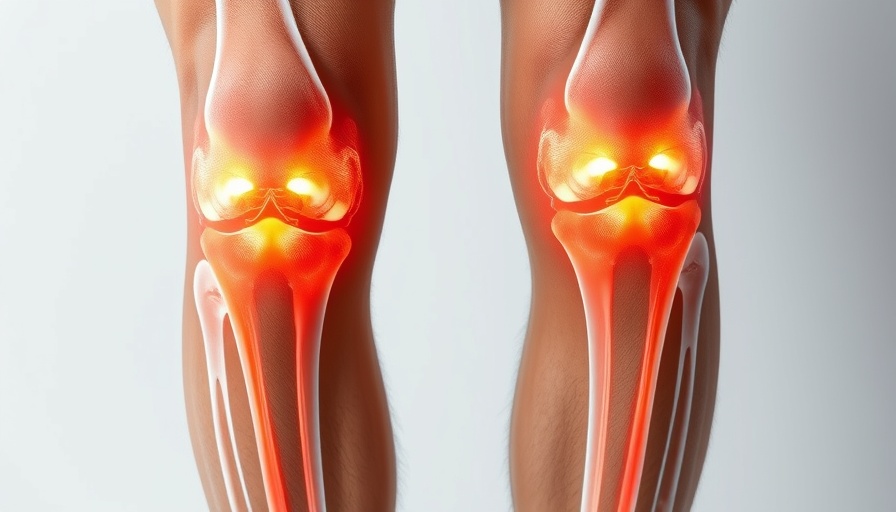
Understanding Niggly Knees: A Common Concern
Niggly knees are an issue many people face, affecting their daily activities and overall quality of life. Whether from age-related wear and tear, injuries, or underlying conditions like arthritis, knee discomfort is not uncommon. As we age or engage in high-impact sports, understanding how to care for our knees is key to maintaining mobility. Knowledge is power, so let’s delve into essential insights on knee health.
The Importance of Strong Knee Support
Our knees bear the weight of our bodies and are pivotal in almost every movement we make. To keep them healthy, it’s essential to strengthen the muscles that support the knee joint, including the quadriceps and hamstrings. Regular exercises like squats, lunges, and leg raises can help enhance knee stability and reduce the risk of injuries. These exercises promote muscle balance and ensure our knees can endure daily stresses.
Common Causes of Knee Pain
Knee pain can arise from various factors. Overuse injuries, such as tendonitis or bursitis, often manifest in athletes but can affect anyone engaging in repetitive motions. Additionally, conditions like osteoarthritis result from joint degeneration and are prevalent across all age groups. Understanding these causes can help in effectively managing and preventing knee pain.
Preventive Measures to Protect Your Knees
Taking proactive steps can significantly reduce the likelihood of knee pain. Maintaining a healthy weight is crucial, as excess weight can strain knee joints. Additionally, wearing proper footwear that provides shock absorption can make a significant difference during activities. Incorporating low-impact exercises, such as cycling or swimming, can protect the knees while still offering opportunities for fitness.
Recognizing When to Seek Help
It's essential to recognize when knee discomfort necessitates medical attention. Persistent pain, swelling, or inability to bear weight might indicate an underlying issue that requires professional evaluation. Healthcare providers can offer different treatment options ranging from physical therapy to surgical interventions, depending on the severity of the condition.
Natural Remedies and Treatments
For those seeking alternative methods to alleviate mild knee pain, several natural remedies can be effective. Incorporating anti-inflammatory foods into your diet like turmeric, ginger, and omega-3 fatty acids can promote joint health. Additionally, utilizing ice or heat therapy can provide relief and facilitate recovery after physical activities.
Future Trends in Knee Health Management
The field of knee health is continually evolving, with new treatments emerging regularly. Regenerative medicine, including stem cell therapy and Platelet-Rich Plasma (PRP) injections, are gaining prominence in treating knee issues and promoting healing. These innovative treatments come with the potential for quicker recovery and reduced pain, a promising avenue for many suffering from chronic knee problems.
Empower Yourself with Knowledge
Being informed about your knees and the factors affecting their health can empower you to make better decisions regarding your well-being. Whether integrating preventive practices into your daily routine or recognizing symptoms that require medical intervention, knowledge offers the pathway to healthier joints.
Your Knees Matter: Take Action!
The health of your knees plays a crucial role in your overall mobility and quality of life. By understanding their needs and vulnerabilities, you can take proactive measures to ensure they remain strong and pain-free. Consult a healthcare provider if you have ongoing knee issues. Your knees deserve the best care, so don’t wait to get informed!
 Add Row
Add Row  Add
Add 




Write A Comment